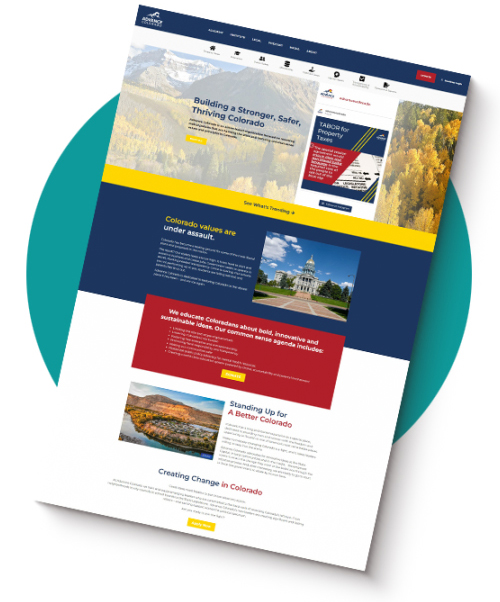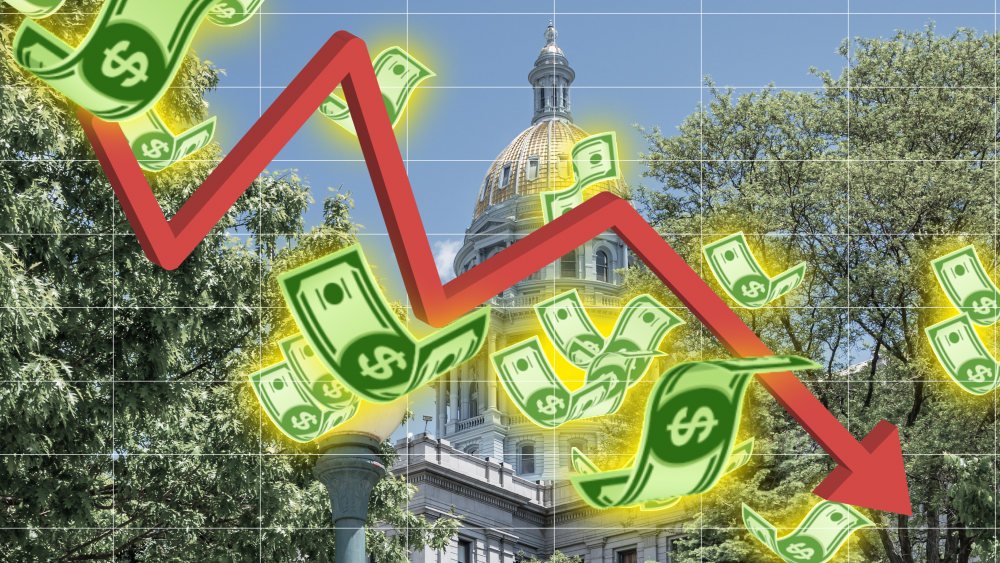- An Alliance For Community Action
- (970) 256-7650
- info@WesternColoradoAlliance.org
A special session shakes the Legislature
Lawmakers are currently at the Capitol right now as they were called back on Monday to hold a special legislative session. Typically, our legislature meets once a year for 120 consecutive days beginning in January and ending in May. Once the 120 days are up, the full body does not reconvene again until the next year. Although special sessions in Colorado are rare, they have increased in recent years. Last year Governor Polis called a special session in November following the failure of Proposition HH, the referendum aimed at providing property tax increase relief to those affected by rising home values and the general cost of living.
During this year’s 2024 General Assembly, 92 of 100 lawmakers voted in support of SB24-233, the bipartisan bill that would responsibly and permanently cap and cut property taxes for businesses and homeowners, while still protecting funding for schools and other local districts.
One Colorado entity, Advance Colorado, a conservative think tank with the mission to reverse progressive policy agenda in Colorado, did not think the measure went far enough. With money to spend, Advance Colorado has secured five total measures to this year’s ballot, including Initiatives 50 and 108.

Initiative 50 would institute a constitutional four percent annual cap on total statewide property tax revenues, and force a statewide vote for any local district that wishes to keep revenues above that cap. Local property tax revenue would decrease by $115 million in the first year and lost property tax revenue would reach $1 billion by the third year of this initiative, forcing local districts to compete with one another and disproportionately hitting rural areas the hardest as they might face a cap even before hitting 4% per year.
Initiative 108 would cut residential property assessment rates from 7.15 percent to 5.7 percent and non-residential property assessment rates from 29 percent to 24 percent, and mandate that the state’s General Fund backfill all local districts. These rate changes would reduce local property tax revenue by $3 billion in the first year, and the state General Fund would have to send $3 billion (approximately 15% of the total budget) to local districts. This would impact funding toward education the most and bring back the negative factor for rural Colorado.
While opposition campaigns were hopeful they could defeat the measures, with an already tight state budget, the Polis administration couldn’t risk either of them passing and sat down with Advance Colorado as well as Colorado Concern, to make a deal. Negotiations resulted in the call for a Special Session with the deal predicated on state lawmakers passing HB24-1001, dubbed the “Compromise Bill” that would, among other things, make reductions in residential assessment rates, with the size of reduction dependent on actual value growth. This bill would increase both state and local expenditures while reducing local property tax revenue. The bill has passed the House and has moved over to the Senate to decide.
Should this bill pass, Advance Colorado and Colorado Concern have committed to removing both initiatives from the ballot and “given their word” that they won’t run another property tax measure for at least six years. Understandably, there is concern among the legislature for the precedent this type of deal-making could set in the future for who plays the better game of chicken.
A shoutout to our friends at the Colorado Fiscal Institute for helping us make sense of these measures, and we’ll check in next week with an update on how the Special Session shook out.


